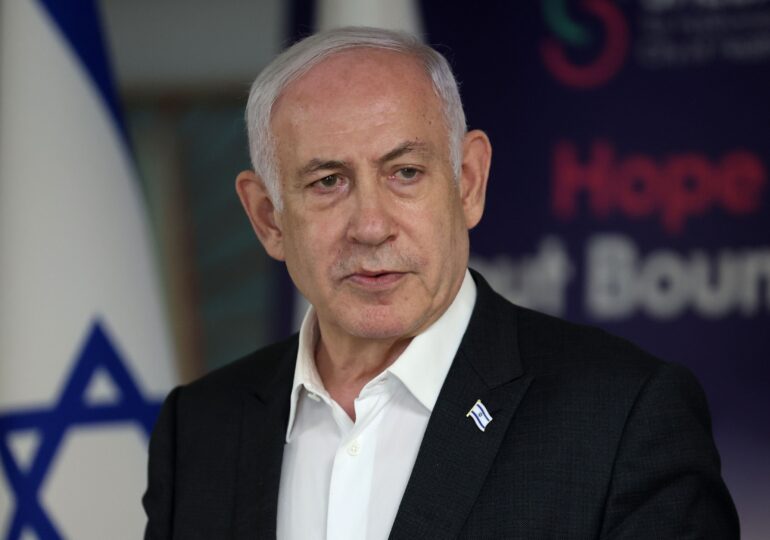At the beginning of April, in Moscow, an expert meeting was held between Russia, China, and Iran, regarding nuclear technology. The objective of the meeting was the lifting of sanctions against Tehran regarding the development of nuclear facilities, as stated in information published by Iranian news agencies.
Both Dmitri Peskov, Putin’s spokesperson, and Maria Zakharova, the representative of the Ministry of Foreign Affairs, confirmed the discussions, stating that „Russia is in constant contact with its Iranian partners,” according to the cited source.
Starting from September 2022, Russia has acquired over 6,000 Shahed-136 (Geran-2) drones from Iran, for which it paid around $1.7 billion, in gold bars, not in currency.
Iran has been the strongest military supporter of Vladimir Putin in his campaign to conquer Ukraine.
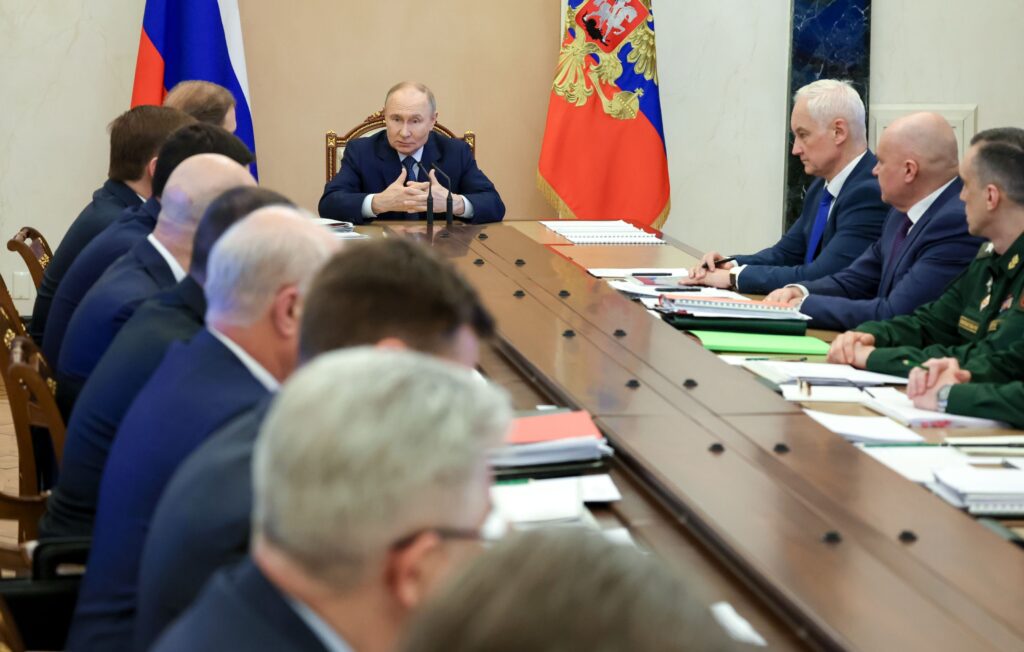
In July 2023, a collaboration between Iran and Russia involves the Alabuga factory in the Republic of Tatarstan, receiving a massive technology transfer from Tehran to start drone production in Moscow Alabuga factory in the Republic of Tatarstan,.
The Iranian side has made no secret of its desire for support from Putin and Xi Jinping, the President of China, to develop its nuclear armament program.
The meeting in Moscow on April 8 sent an alarm signal to Israel, which views the possible nuclear armament of Iran as an existential threat.
Israeli Diplomat: We Are Helping Ukraine
"The Patriot systems we received in the past from the United States are now in Ukraine," stated Michael Brodsky, Israel's ambassador to Kiev, in an interview for the local press.
"These were Israeli systems installed in the early 1990s. We agreed to transfer them. Unfortunately, this was not widely discussed. But when people say that Israel did not offer military aid, that is simply not true," explained the Israeli diplomat.
His statement was made on June 9 and had significant political implications, with Russia quickly seeking clarifications regarding the arms transfer.
The response from Jerusalem was to deny the information provided by the ambassador, a kind of abrupt end to any discussion on the sensitive subject.
Four days later, Israel launches an extensive and precise attack on Iran, decapitating the country's military leadership, eliminating several nuclear specialists, and destroying facilities where atomic weapons may have been developed.
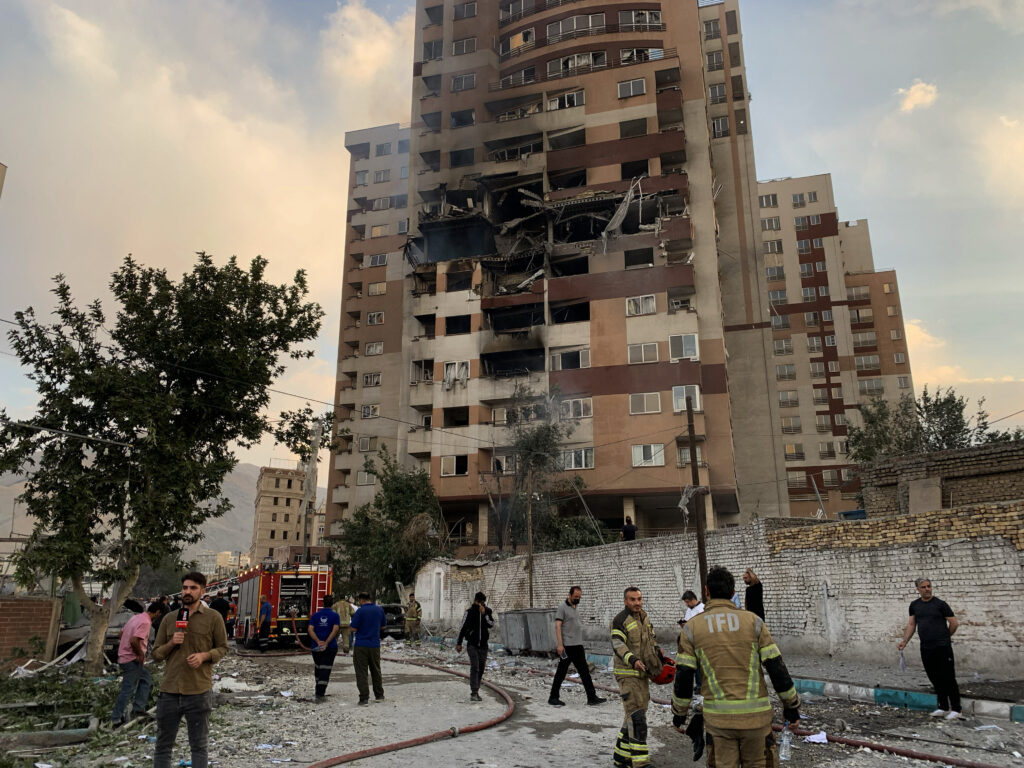
A Russian Ally Removed from the Game
The attack ordered by Benjamin Netanyahu, the Prime Minister of Israel, represents not only a major blow to Iran but also an indirect one to Vladimir Putin.
The fundamentalist regime in Tehran, weakened by the destruction of Hezbollah and now heavily affected by Israel's attacks, means an important ally for Russia has been taken out of the game, a source of drones and arms that has been depleted.
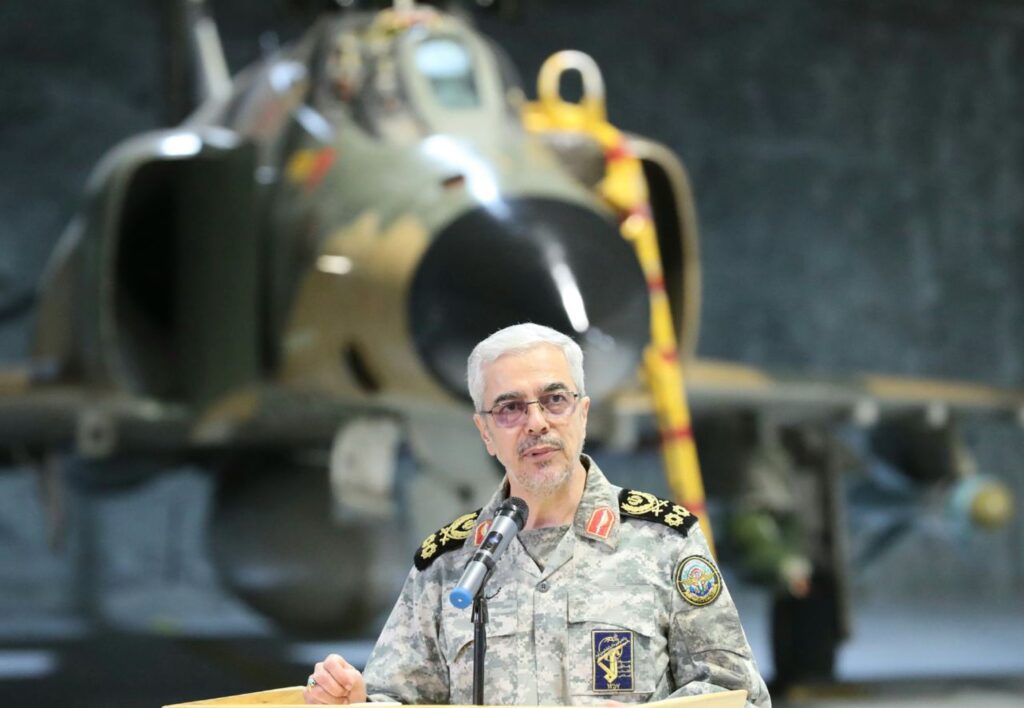
So far, there has been no open conflict between Netanyahu and Putin. Each side has not reacted to the other's hostile moves in their spheres of influence, but the strong attack on Iran will change the situation, and the Israeli ambassador's statement regarding Patriot artillery systems was a serious diplomatic warning to Moscow.
Putin is caught in a bind; he cannot support Iran to the extent he did before because it would clash with Israel, and the Kremlin leader cannot afford an enemy of such caliber.
On the other hand, a lack of support from Russia for Iran means a strain on the relationship between the two states and a decrease in military collaboration. Tehran's goal was to obtain technology and raw materials from Moscow to develop nuclear weapons.
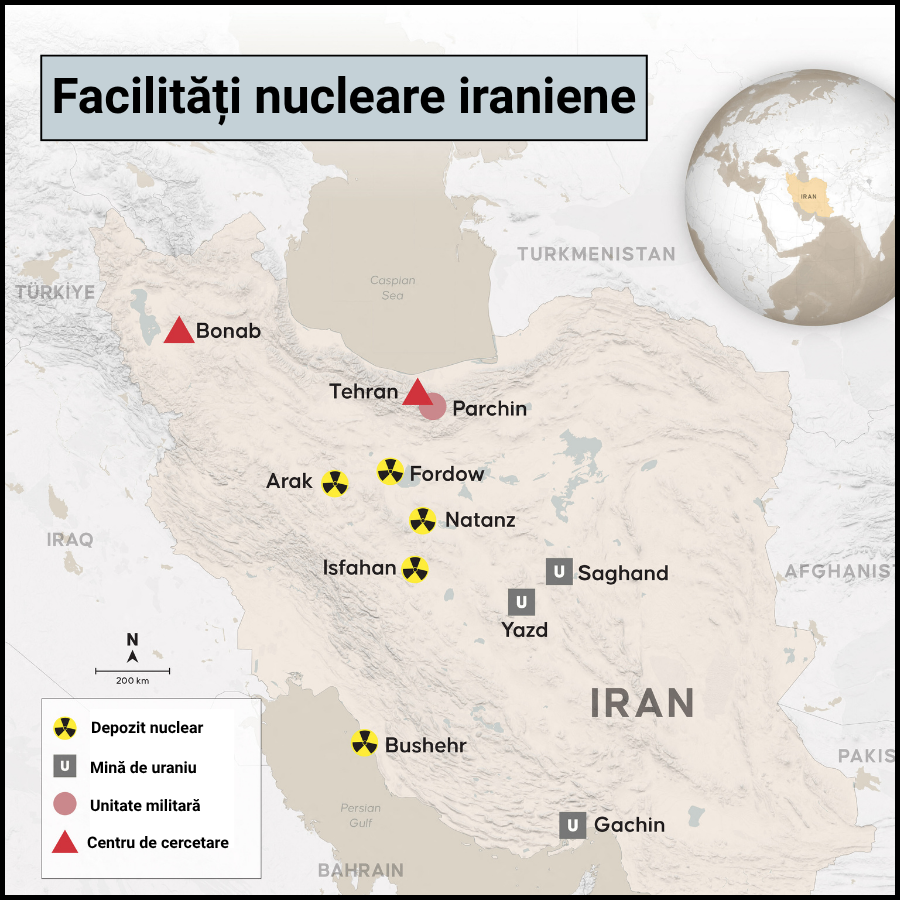
Moscow's Cynicism
"We express extreme concern about the dangerous escalation of tensions in the Middle East. We strongly condemn the use of force by the State of Israel, which violates the UN Charter and international law norms, on the night of June 13," stated in a press release by the Russian Ministry of Foreign Affairs.
"Unprovoked military attacks on a sovereign UN member state, on its citizens, on peaceful cities, and on nuclear energy infrastructure are categorically unacceptable. The international community cannot afford to remain indifferent to such acts of violence, which destroy peace and undermine regional and international security," the statement issued by Sergey Lavrov, the Kremlin's chief diplomat, further states.
It is impossible not to notice the cynicism of the dictatorial regime in Moscow. Lavrov speaks of the UN Charter, of unprovoked military attacks on a sovereign state, while Russia has invaded an independent UN member country, recognized as such.
"We also expect Western countries, which have fueled anti-Iranian hysteria within the IAEA Board of Governors (International Atomic Energy Agency) and have once again imposed a politically motivated resolution - lacking universal support, pursuing their political preferences and phobias - to acknowledge the devastating results of their destructive course and the extent of their responsibility for this tragedy," the statement issued by the Russian Foreign Ministry further states.
The tough stance taken by the Kremlin indicates that the relationship between Moscow and Tehran is heavily affected by Israel's attack.
But the statement also reveals the fear of Russian officials after witnessing the precision and efficiency of Jerusalem's military actions.
An Unpleasant Surprise for Putin
The operation carried out last week by Ukrainians on Russian soil, when they launched drones near military bases, destroying 41 fighter jets and strategic bombers, resembles, in proportion, the one launched by Israel.
And the forces from Jerusalem also used drones, introduced long before in Iran, placed near artillery systems, which destroyed them just as they were trying to launch missiles against Israeli aviation.
Likewise, it is very likely that Putin was surprised by the precision of Israeli strikes that eliminated Iranian generals in their own homes.
If such an information gathering, processing, and precision strike operation could be implemented by Ukrainians, the security of Putin and those in his circle of power would be threatened.
The fact that an analogy can be made between the two operations, Ukraine's and Israel's, represents in itself an existential threat to the regime in Moscow.
Trump Acts Tough After the War
Another victim of Israel's attack on Iran was Donald Trump, who quickly shifted from the official position expressed by Marco Rubio, the head of the State Department, we don't know anything, we stay out of it, to Trump's victorious and threatening speech, conveying to Iran that they got what they deserved for not listening to him.
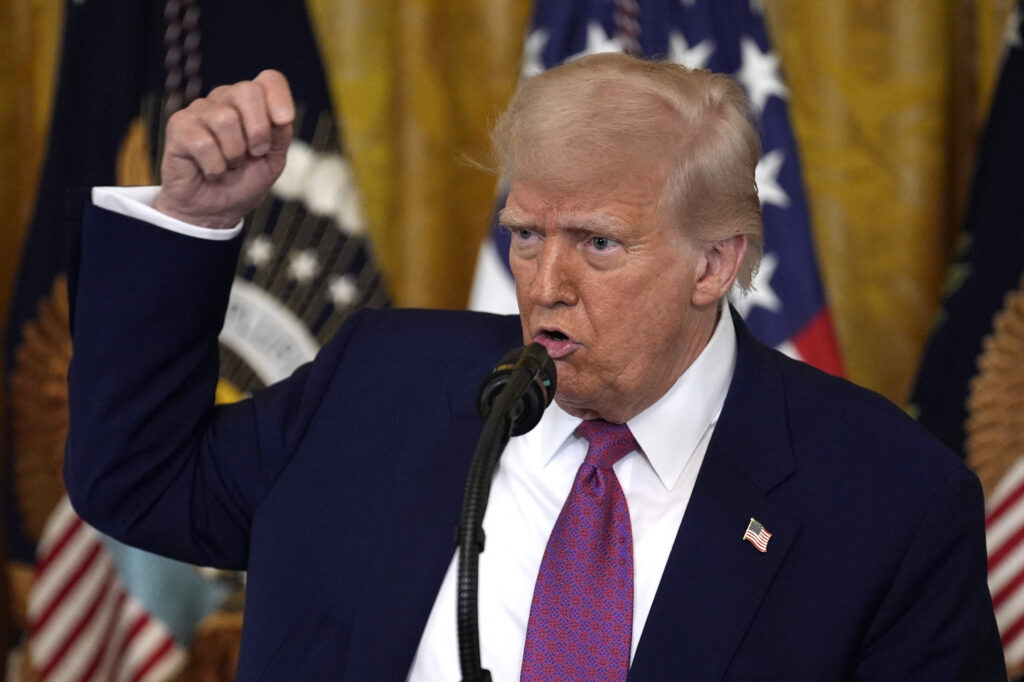
"Tonight, Israel took unilateral action against Iran. We are not involved in the attacks on Iran, and our top priority is to protect American forces in the region," Rubio announced through an official statement.
A few hours later, Donald Trump made a harsh statement as if Israel's attack was a reaction to Iran's rejection of the American president's offer, after initially stating he was not involved.
"I gave the Iranians chance after chance to reach an agreement. I told them, as clearly as possible: just do it. But they couldn't do it. I warned them that it would be much worse than they could imagine. Now, some of the most vocal Iranian leaders are dead. And it will get even worse!" stated Donald Trump.
The fluctuating positions of the US are a sign of vulnerability, symptomatic of the loss of influence at the international level.
Rubio's statement suggests that initially, the American administration did not support Israel's decision to attack Iran, in fact, they opposed it, but shortly after the military operation was deemed a success, the American president came before the public, claiming political and military merits.

